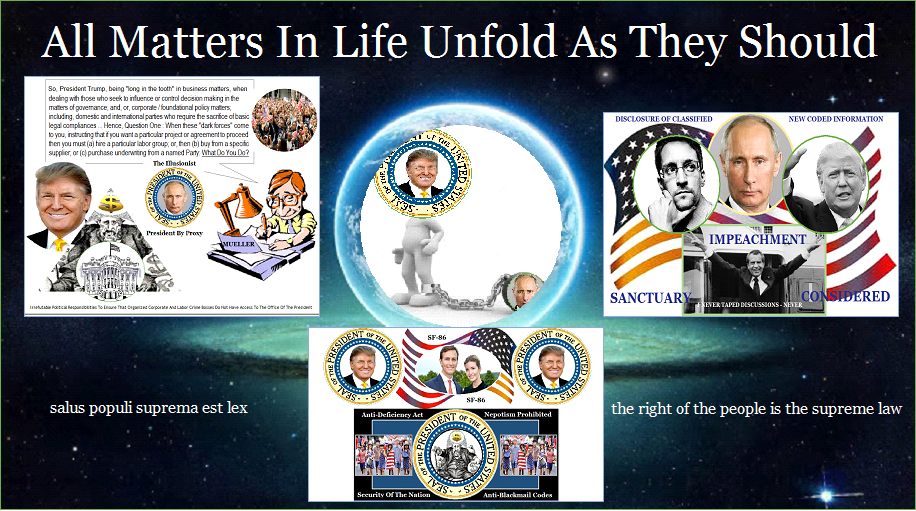THE UNDONE KING : IN PRAISE OF FOLLY : JEFFERSON'S COUNSEL
JUN 11TH SINCE TIME BEGAN : salus populi suprema est lex - the right of the people is the supreme law : IN TRUTH WE TRUST 2017 ADE
JUN 11TH SINCE TIME BEGAN : salus populi suprema est lex - the right of the people is the supreme law : IN TRUTH WE TRUST 2017 ADE
"Now if there should arise any starched, formal don, that would point at the several actors, and tell how this, that seems a petty god, is in truth worse than a brute, being made captive to the tyranny of passion; that the other, who bears the character of a king, is indeed the most slavish of serving-men, in being subject to the mastership of lust and sensuality; that a third, who vaunts so much of his pedigree, is no better than a bastard for degenerating from virtue, which ought to be of greatest consideration in heraldry, and so shall go on in exposing all the rest; would not any one think such a person quite frantic, and ripe for bedlam? For as nothing is more silly than preposterous wisdom, so is there nothing more indiscreet than an unreasonable reproof. And therefore he is to be hooted out of all society that will not be pliable, conformable, and willing to suit his humour with other men’s, remembering the law of clubs and meetings, that he who will not do as the rest must get him out of the company."
"When is a Government Employee (i.e., J Comey) Entitled to Due Process?
Not every government employee has a right to due process. The right only exists when the employee has a property interest in his job. For example, a public employee who doesn't have a contract or a legitimate claim of entitlement (a tenured public school teacher, for instance) is typically not entitled to due process ..."
CONNECTING DOTS : APPRENTICESHIP : WHITHER THOU GOEST : UNCOMMON SIMILARITIES
"It is not surprising that Erasmus’ witty book In Praise of Folly (1511) was once banned by the Catholic Church for the way in which it poked fun at monarchs and members of the Church, among many other people. In this amusing sketch he imagines, like Shakespeare did, “that all the world’s a stage” where a “starched, formal don” (just like Erasmus) dares to point out to the audience that what appears to be a god is in fact “worse than a brute”, and that what appears to be a king is in fact “the most slavish of serving-men, in being subject to the mastership of lust and sensuality”. Doing this is sarcastically called the height of “folly” by Erasmus because we know that it is foolish to go against the conventional wisdom which says that gods are not brutes and that kings are not slaves to baser instincts. To believe otherwise is to show that one is mad and “ripe for bedlam”. Hans Christian Andersen returned to this idea in his fairy tale “The Emperor’s New Clothes” in 1837. Hans Holbeiin supplied the comic illustrations to Erasmus’ book."
[JEFFERSON'S COUNSEL : "Mankind soon learn to make interested uses of every right and power which they possess, or may assume. The public money and public liberty, intended to have been deposited with three branches of magistracy, but found inadvertently to be in the hands of one only, will soon be discovered to be sources of wealth and dominion to those who hold them… They [the assembly] should look forward to a time, and that not a distant one, when a corruption in this, as in the country from which we derive our origin, will have seized the heads of government, and be spread by them through the body of the people; when they will purchase the voices of the people, and make them pay the price. Human nature is the same on every side of the Atlantic, and will be alike influenced by the same causes. The time to guard against corruption and tyranny, is before they shall have gotten hold of us. It is better to keep the wolf out of the fold, than to trust to drawing his teeth and talons after he shall have entered."]
[JEFFERSON'S COUNSEL : "Mankind soon learn to make interested uses of every right and power which they possess, or may assume. The public money and public liberty, intended to have been deposited with three branches of magistracy, but found inadvertently to be in the hands of one only, will soon be discovered to be sources of wealth and dominion to those who hold them… They [the assembly] should look forward to a time, and that not a distant one, when a corruption in this, as in the country from which we derive our origin, will have seized the heads of government, and be spread by them through the body of the people; when they will purchase the voices of the people, and make them pay the price. Human nature is the same on every side of the Atlantic, and will be alike influenced by the same causes. The time to guard against corruption and tyranny, is before they shall have gotten hold of us. It is better to keep the wolf out of the fold, than to trust to drawing his teeth and talons after he shall have entered."]
POLITICAL COMMENTARIES PUBLISHED BY
Shqwi'qwal RALPH CHARLES GOODWIN Yuxwuletun
CV2016 & ADDRESS
1.250.709.1809























